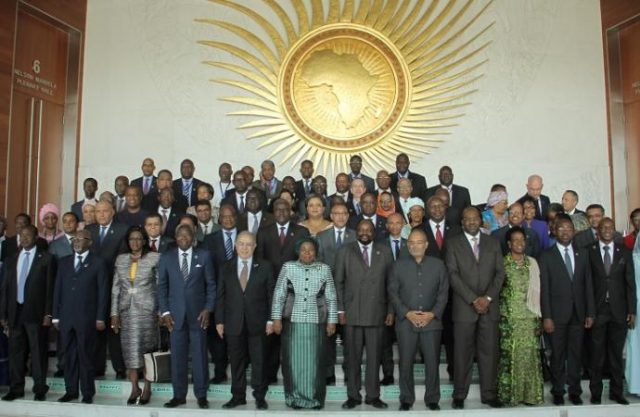
Economists will tell you that a common language is a possible means to unlocking trade opportunities across a geographical region which communicates in more than one language, symbolic to their culture and traditions.
African Union is backing up campaigns to promote Kiswahili into a common language across the continent. This means that all the bloc’s official meetings with documents, including treaties and agreements, will be authored in the Kiswahili and Kiswahili orators and translators will be touring Africa to sell their expertise.
AU’s specialised institution, The African Academy of Languages assigned the role to develop and promote African languages, has entered into a partnership with the East African Kiswahili Commission to promote wide use of Kiswahili for regional integration and sustainable development.
“The AU has partnered with the EAC to set the pace for the recognition and promotion of Kiswahili as a Language of Wider Communication in the whole of Africa,” the EAC Secretariat said in a statement.
As the bloc moves to set rules for the African Continental Free Trade Area (AfCTA) the efforts to make Kiswahili a pan-African lingua franca is being driven by the realisation by EAC policy organs of the importance of the language in regional integration, looking at how African countries have adopted a number of official languages that include English, French, Arabic and Portuguese, thanks to their colonial heritage.
“The language is a strategic resource for communication and active citizen participation in development,” said the EAC secretary general Mfumukeko.
A committee of experts is already working on the rules of origin to be applied by all the AfCTA signatories. President Uhuru Kenyatta is expected to join other African leaders for the AU Extra-Ordinary Summit and the first AfCTA meeting in Niamey, Niger.



